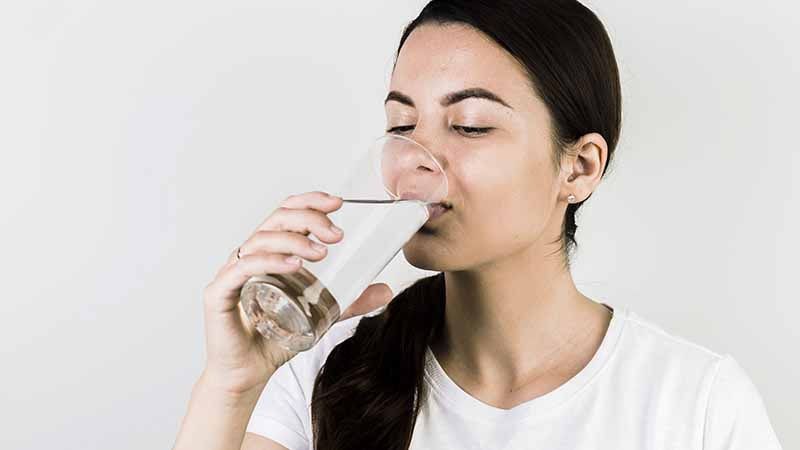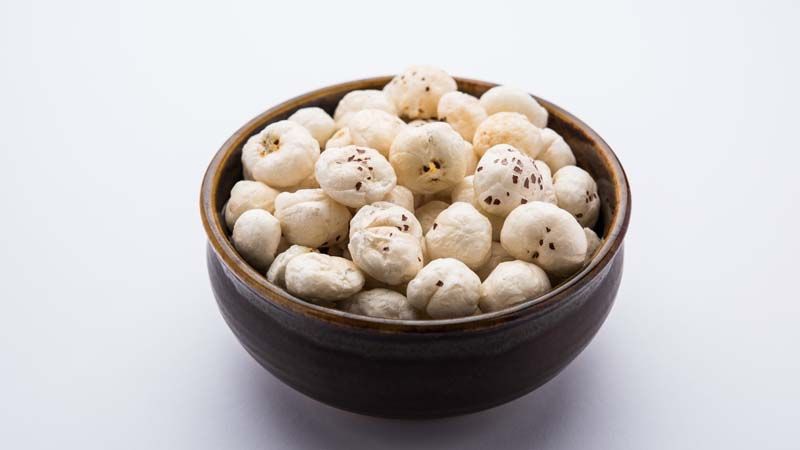Does Water Have An Expiry Date?
- 32 months ago
Water does not have an expiry date in the sense that it goes bad like food or other perishable items. However, it can become contaminated or lose its quality over time, especially if it is not stored properly.
Water that is stored in a plastic container for a long time may pick up chemicals from the container, affecting its taste and quality. Similarly, water stored in an open container may become contaminated with bacteria or other microorganisms.
Types of water & how safe they may be?
Tap water
For most people, tap water is their primary drinking water source. The quality of tap water varies across the nation, and without proper treatment, it is not safe to drink in many areas.
Before being distributed to households, tap water is treated and disinfected. However, in other areas, the water may contain pollutants and impurities such as bacteria, chemicals, and heavy metals.
Bottled water
There are several types of bottled water in the market, each with its characteristics and qualities. Some examples of common types are:
- Spring water: This is water that comes from a natural spring and is pure and mineral-rich.
- Mineral water: contains a high concentration of minerals such as calcium, magnesium, and potassium and is frequently marketed for its health benefits.
- Artesian water: This is water that comes from an artesian well, a type that taps into a confined aquifer and is often considered pure and mineral-rich.
- Distilled water: Purified by distillation to remove impurities and minerals.
- Sparkling water: This water has carbon dioxide added to it, giving it a carbonated and bubbly texture. Usually safe for drinking.
- Purified water: This water is for drinking and cooking. It is purified to remove impurities like chemicals and minerals.
- Rain water: Drinking rainwater without treating it can be dangerous because it contains contaminants and germs. You could use the water for other things like bathing and watering plants.
Does bottled water expire?
Though water itself does not expire, bottled water often has an expiration date.
All food products, including bottled water, are required by law to have an expiration date of two years or less from the date of manufacture.
Drinking water from plastic bottles that have passed their expiration date is not a good idea. It is because plastic can leach into water over time, contaminating it with chemicals like antimony and bisphenol A.
These plastic compounds can slowly accumulate in your body if consumed regularly, threatening gut health, immunity, and respiratory function. Furthermore, carbonated bottled water may eventually become flat, losing its carbonation, and developing an off taste.
Also check: Is it safe to drink water from an earthen pot (Matka)?
Is the water safe to drink when expired?
The expiration date on bottled water is not related to the water's safety but to its quality. While water does not expire and can be drunk, bottled water can pick up contaminants, tastes and odors over time, particularly if stored in a warm and humid environment. It can make the water less appealing to drink and affect the taste and quality of the water.
Health issues caused by expired water
If consumed, expired water can cause a variety of health issues. Some examples are:
- Intestinal issues: Drinking expired water can cause gastrointestinal problems such as nausea, vomiting, diarrhea, and abdominal cramps.
- Bacterial infections: Bacteria like E. coli, Salmonella, and Shigella can grow in stagnant water and cause infections if consumed.
- Chemical contamination: If lead, mercury, or chlorine are present in expired water, they can cause health problems.
- Parasitic infections: Parasites such as giardia lamblia and cryptosporidium can be found in contaminated water and cause serious illness.
It is important to note that the effects of consuming expired water can vary depending on the person and the specific contaminants present. If you suspect the water you drank has expired, you should consult a doctor. It is best to consume fresh, clean water from a reliable source to prevent health issues.
Does tap water expire?
Tap water can be stored and consumed for up to 6 months with minimal risk of side effects if safely stored.
However, carbonated tap water can become flat as the gas slowly escapes from the liquid, resulting in taste changes. Regular water can also develop a stale taste over time due to carbon dioxide in the air mixing with the water and slightly acidifying it. Though this water may have an unpleasant taste, it is safe to drink for up to 6 months.
How to store water safely?
It is essential to store water safely to keep it pure and suitable for consumption. Here are some suggestions for water storage that are safe:
- Use clean containers: Be sure the water storage containers used are clean and made of food-grade materials like plastic, glass, or stainless steel. Avoid using containers that have previously held toxic substances like chemicals or gasoline.
- Store in a cool, dark place: Water should be kept in a cool, dark area to avoid the growth of bacteria and germs. Water storage is best at temperatures ranging from 40 to 70 degrees Fahrenheit.
- Keep the containers tightly sealed: To prevent contamination from dust, insects, or other sources, keep the containers tightly sealed.
- Replace the stored water: Replace the stored water with fresh water after a considerable amount of time (1-2days). It prevents the growth of bacteria and other microorganisms that can occur over time.
- Disinfect the containers before use: Disinfect the containers with 4-5 drops of unscented liquid household chlorine bleach per gallon of water before using the stored water. Any bacteria or pathogens that may have contaminated the water during storage die.
Conclusion
No, water does not have an expiry date. Water is a chemical substance that is essential to all known forms of life and is naturally occurring, so it does not spoil or go bad over time. However, it is important to note that water can become contaminated with bacteria, chemicals, or other substances over time, especially if it is stored in containers that are not properly sanitized. Contaminated water can pose a health risk and should not be consumed. If you are concerned about the safety of your water, it is best to test it for contaminants or boil it before drinking it.








